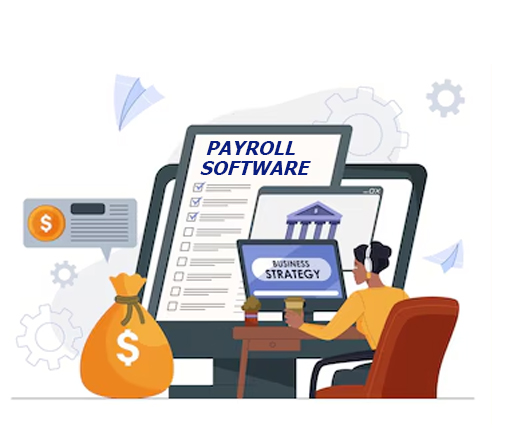The Future of Payroll Software in India: Trends to Watch in 2025
In 2025, Indian businesses are moving beyond spreadsheets and manual salary calculations. The shift to intelligent payroll software is no longer optional—it's becoming a competitive advantage. With evolving tax laws, hybrid workforces, and rising expectations for compliance and flexibility, payroll systems are being redefined across the country.
Here’s how payroll software is transforming in India and what businesses need to stay ahead this year.
AI and Automation Are Streamlining Payroll
Payroll software is becoming smarter with AI integration. Employers are now automating repetitive tasks like TDS calculations, PF contributions, and ESI filings. Machine learning algorithms are identifying anomalies, reducing errors, and flagging potential compliance risks in advance.
Indian companies with diverse employee types—full-time, part-time, freelance—are using AI to manage different pay structures. This reduces manual intervention and ensures accurate processing every time.
Cloud Payroll Platforms Are Becoming Standard
Cloud-based payroll software is gaining traction in India for its scalability, speed, and accessibility. Companies with remote or multi-state teams prefer cloud payroll systems because they enable anytime access, secure backups, and instant updates when regulations change.
Leading platforms offer real-time dashboards, automated report generation, and seamless data sync across devices. Payroll teams no longer need to depend on physical office setups to process salaries.
Real-Time Pay Is Gaining Ground
Indian employees—especially in gig, startup, and retail sectors—are showing interest in on-demand salary models. Payroll software is evolving to support this trend by enabling real-time disbursements, early wage access, and partial pay cycles.
Software that supports flexible salary structures, reimbursements, and bonus payments within a single dashboard is becoming the new standard. It’s about matching payroll speed with modern work expectations.
Integration with HR and Accounting Systems Is Now Essential
Payroll software in 2025 doesn’t work in isolation. The best tools are fully integrated with HR systems (for attendance, leave, and performance data) and accounting platforms (for tax, expense, and audit tracking).
This allows for accurate payroll calculations, clean financial reporting, and easier compliance filings. With APIs and plug-and-play features, businesses can now link payroll data with platforms like Zoho Books, QuickBooks, or Tally without hassle.
Legal Compliance Is Built In
Payroll software is now adapting in real-time to India’s complex tax ecosystem. Whether it's income tax slabs, labour code updates, or state-specific ESI/PF changes, modern platforms are built to handle updates instantly.
Auto-generation of Form 16, TDS returns, bonus calculations, and payslip breakdowns are handled within minutes. For HR managers, this eliminates the fear of missed filings or outdated forms, especially during audits.
Hybrid and Gig Workforce Support Is Built-In
Payroll teams are now responsible for managing more than just full-time employees. Contractors, freelancers, interns, and consultants all require different pay structures.
Modern payroll software supports multiple worker types, custom payout schedules, and location-specific rules. Whether you’re paying a full-time employee in Delhi or a freelance designer in Mumbai, the software ensures consistent accuracy.
Employee Self-Service Is Now Expected
Today’s workforce demands transparency. Payroll software now comes with self-service portals and mobile apps where employees can:
- Download payslips
- Upload investment proofs
- Track reimbursements
- View tax deductions
This shift reduces HR queries, boosts employee trust, and increases operational efficiency across departments.
Security and Privacy Are Top Priorities
As payroll software handles sensitive financial data, security is a key focus in 2025. With India’s new Digital Personal Data Protection Act (DPDP), businesses are expected to handle payroll records with care.
Leading payroll platforms now offer:
- End-to-end encryption
- Role-based access control
- Audit logs
- Secure cloud storage
Compliance with national data laws is now a core feature, not an optional add-on.
